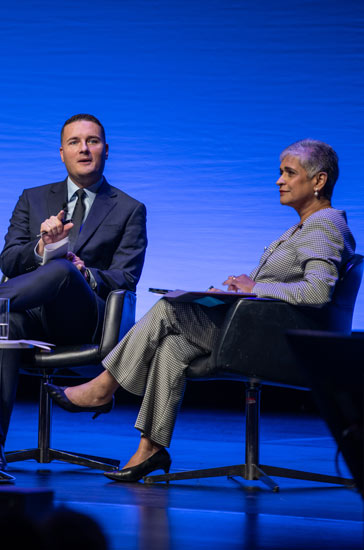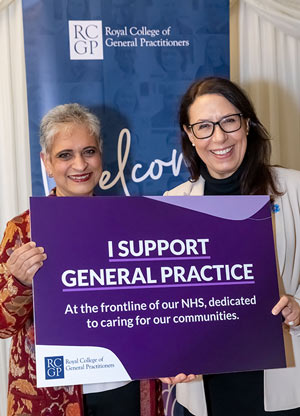
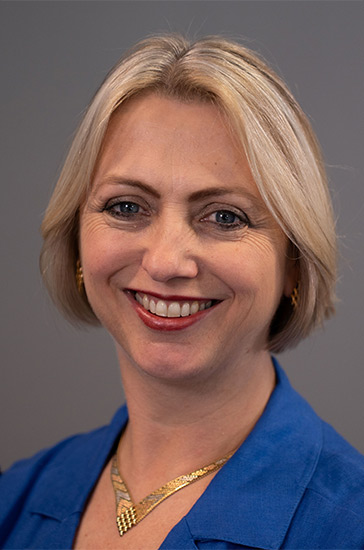
Kia Ora! A postcard from New Zealand
Almost a year into the new Government, GP Frontline speaks to Stephen Kinnock, the Minister of State for Care about the key issues affecting general practice - and how GPs are set to play a major role in long-term plans to improve the health service.
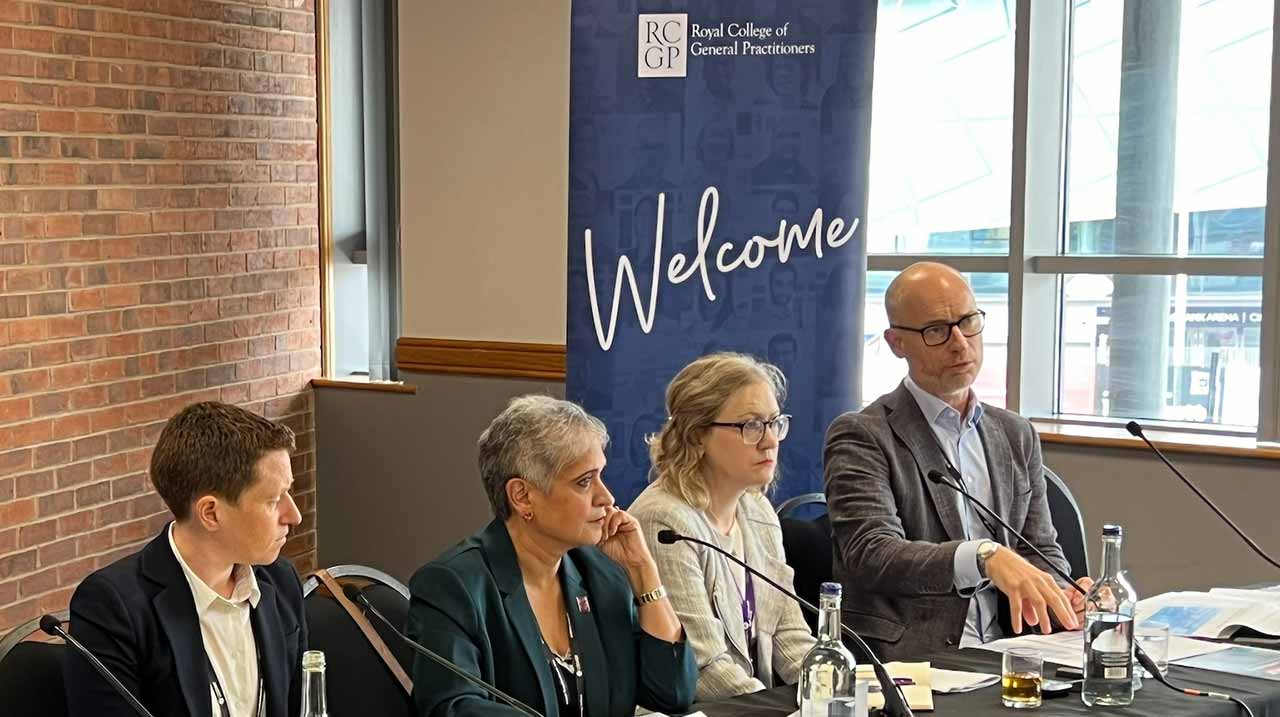
The College has been encouraged by the Government’s recognition of the work of GPs and your willingness to review the long-term workforce plan to better reflect the move of more patient care into the community. How will you ensure that we meet the ambitious targets to recruit more GPs when previous plans have failed?
Lord Darzi diagnosed the dire state of the NHS - including that too many people end up in hospital because there aren’t the resources in the community to reach patients earlier.
Since October, we have recruited an additional 1,500 GPs through cutting red tape and investing in our NHS. For 2025/26, we have gone further, delivering more flexibilities to the Additional Roles Reimbursement Scheme (ARRS) to allow Primary Care Networks to respond to local workforce needs.
We know this is a long road and that the job isn't done, which is why we have also committed to training thousands more GPs to ensure that we can continue to increase GP numbers across the country and deliver reform. The government and the NHS will unveil a refreshed workforce plan in the summer with a focus on shifting care from hospitals and into the community, as we work to get the NHS back on its feet and fit for the future.
We are equally committed to cutting red tape and bulldozing bureaucracy so that GPs are freed up to do what they love doing, which is caring for their patients. We are clear that our reform agenda will enhance retention and bolster productivity - a win-win for GPs and patients alike.
We are expecting a record number of new GPs to qualify this year, but some are reporting being unable to find work whilst patients are still crying out for GP appointments. What steps are you taking to ensure that practices are able to employ the GPs needed to meet increasing patient need?
We inherited an absurd situation after coming into office where people were looking for GPs, and qualified GPs were looking for jobs. Within weeks, we committed to recruiting 1,000 newly qualified GPs through an £82m boost to the ARRS.
So as I said earlier, the government has now exceeded this target and recruited 1,500 GPs since October. The recruitment boost, part of the government’s Plan for Change, will help to end the scandal of patients struggling to see a doctor – easing pressure on GPs and cutting waiting times.
We’re listening to the sector – which is why we took immediate action to add GPs to the ARRS and tackle unemployment in primary care. We’ve also provided the biggest funding boost to GP funding in years, an extra £889 million on top of the existing budget, to ensure we bring back the family doctor.
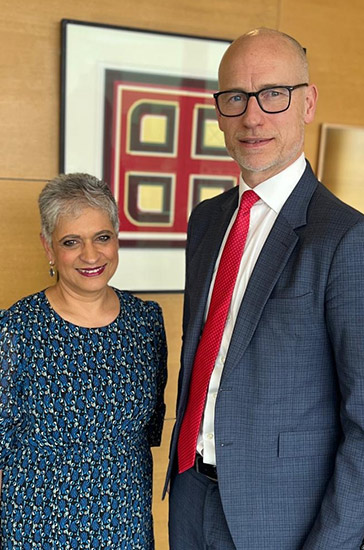
Over 1 million patients will be seen in general practice today alone, what positive messages about the future can the Government give to hard-pressed and hardworking GP teams delivering their care?
We’re listening and delivering on the priorities that matter most to patients and general practice teams. For the first time in four years, we’ve agreed reforms to the GP contract which will free up doctors to concentrate on what they do best – treating patients.
We’re supporting GPs in taking the first steps to end the 8am scramble for appointments, which so many patients currently endure every day. To do so, we’re scrapping unnecessary targets like those requiring practices to report on staff wellbeing meetings or to explain how they are reviewing staff access to IT systems.
We have also agreed to build on the great work to date, by working with the profession to secure a new substantive GP contract within this Parliament.
How can we ensure that the voice of the College/general practice is heard during the transfer of work from NHSE to DHSC?
Our plans to bring NHS England back into the department will eliminate duplication, freeing up hundreds of millions of pounds for frontline care and better treatment for patients.
We will continue listening and delivering on the priorities that matter most to patients and general practice teams. We remain committed to fixing the front door of the NHS and building on the progress to date to deliver meaningful reform to establish a modern general practice at the heart of a neighbourhood health service.
Prevention for health is a clinical priority for the College, as well as being central to the Government’s three ‘shifts’. What role do you see for GPs in the push for the NHS to focus more on prevention?
The 10 Year Health Plan will deliver a radical transformation of the health service and a renewed focus on prevention – and GPs will be absolutely central to this.
We’re already providing financial incentives to reward GPs who go above and beyond to prevent the most common killers like heart disease. Doctors will benefit if they ensure as many patients as possible with high blood pressure are identified and treated as soon as possible - before they end up in hospital.
How do you juggle your job as a Welsh MP with your role as an English Health Minister?
The thread running through everything I do as a Health Minister is reform. We have got to do things differently in order to get our NHS back on its feet – and it’s why I’m pleased to see Welsh Labour begin to mainline reform, for example in getting waiting lists down and tackling missed appointments.
It’s also great being able to look across both the English and Welsh systems and identify opportunities for learning, and for exchanging good practice. Nobody has a monopoly on good ideas!
Read more
Thank you for your feedback. Your response will help improve this page.
